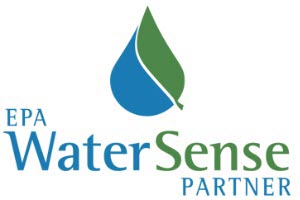Educator Resources
Learn something new about Florida’s environment. Infographics, coloring pages, story maps and other activities invite learners of all ages to explore the land, the waterways and the plants and animals in Florida and beyond!
Infographics

Understanding Blue-Green Algae
View this infographic to learn more about blue-green algae, a type of bacteria that occur frequently in Florida’s freshwater environments. Learn what causes a bloom, potential health effects and where you can report a bloom.

Understanding Red Tide
Red Tide blooms occurs when elevated concentrations of Karenia brevis are present in the water. View this infographic to learn more about red tide, including potential effects.

Understanding Sanitary Sewer Overflows
A sanitary sewer overflow (SSO) is any overflow, spill, release, discharge or diversion of untreated or partially treated wastewater due to an obstruction, system failure, or capacity exceedance at the wastewater facility or in the contributing collection system. View this infographic to learn how you can help to reduce the overall impact that SSOs have on the environment and local infrastructure.

Understanding Water Conservation
Water conservation is the most important action you can take to sustain our water supplies, meet future needs and reduce demands on Florida’s water-dependent ecosystems such as springs, rivers, lakes and wetlands. View this infographic to find ways you can save water both inside and out.

Understanding Reclaimed Water
Reclaimed water is highly treated domestic wastewater that can be reused for irrigation and other beneficial purposes to extend our water supplies. View this infographic to learn how reclaimed water is used and how to use reclaimed water responsibly.
Additional Resources
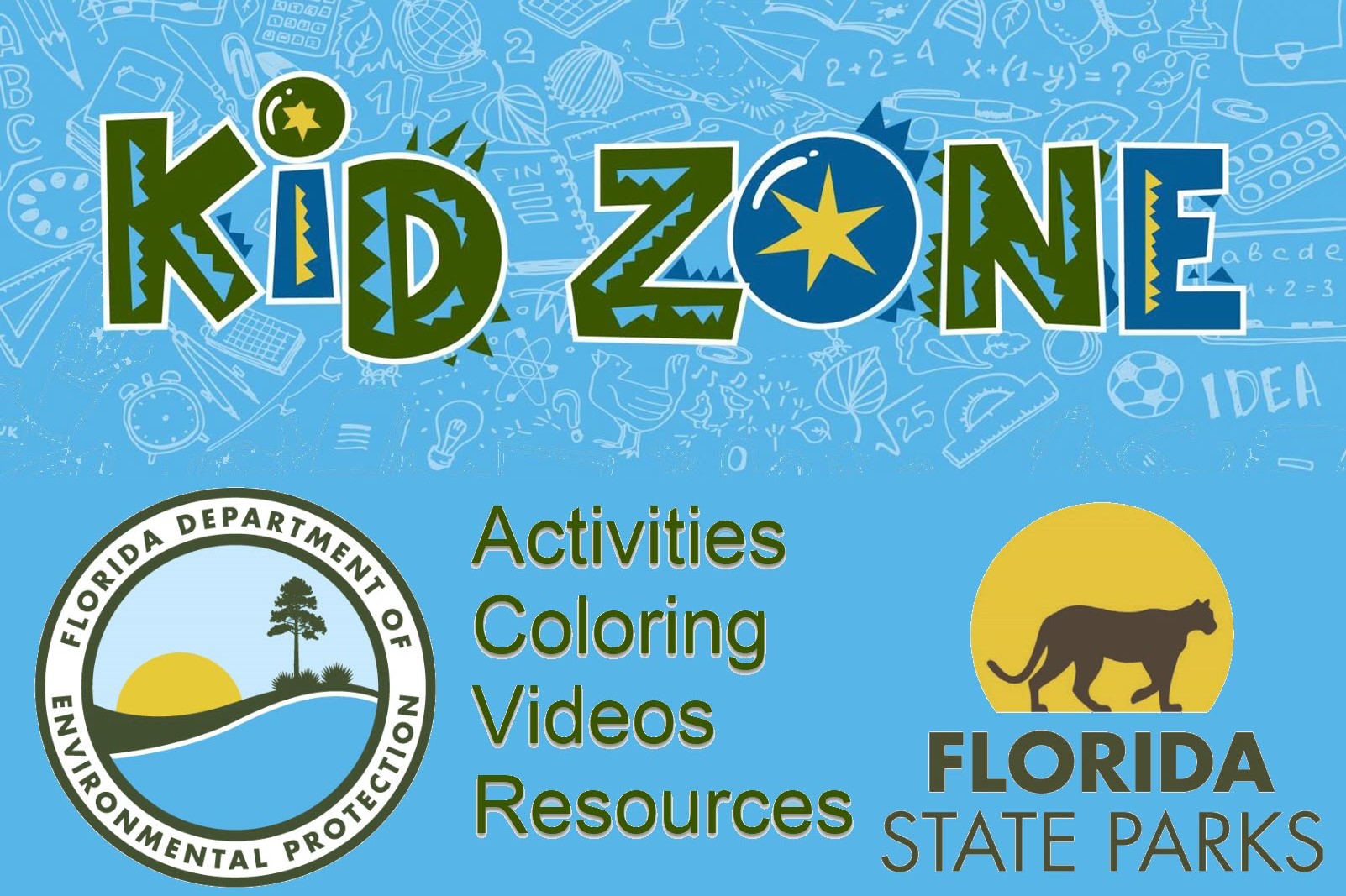
Kid Zone
Learn something new about Florida’s environment! DEP’s coloring pages, story maps and other activities invite learners of all ages to explore the plants and animals in Florida and the habitats that they occupy.
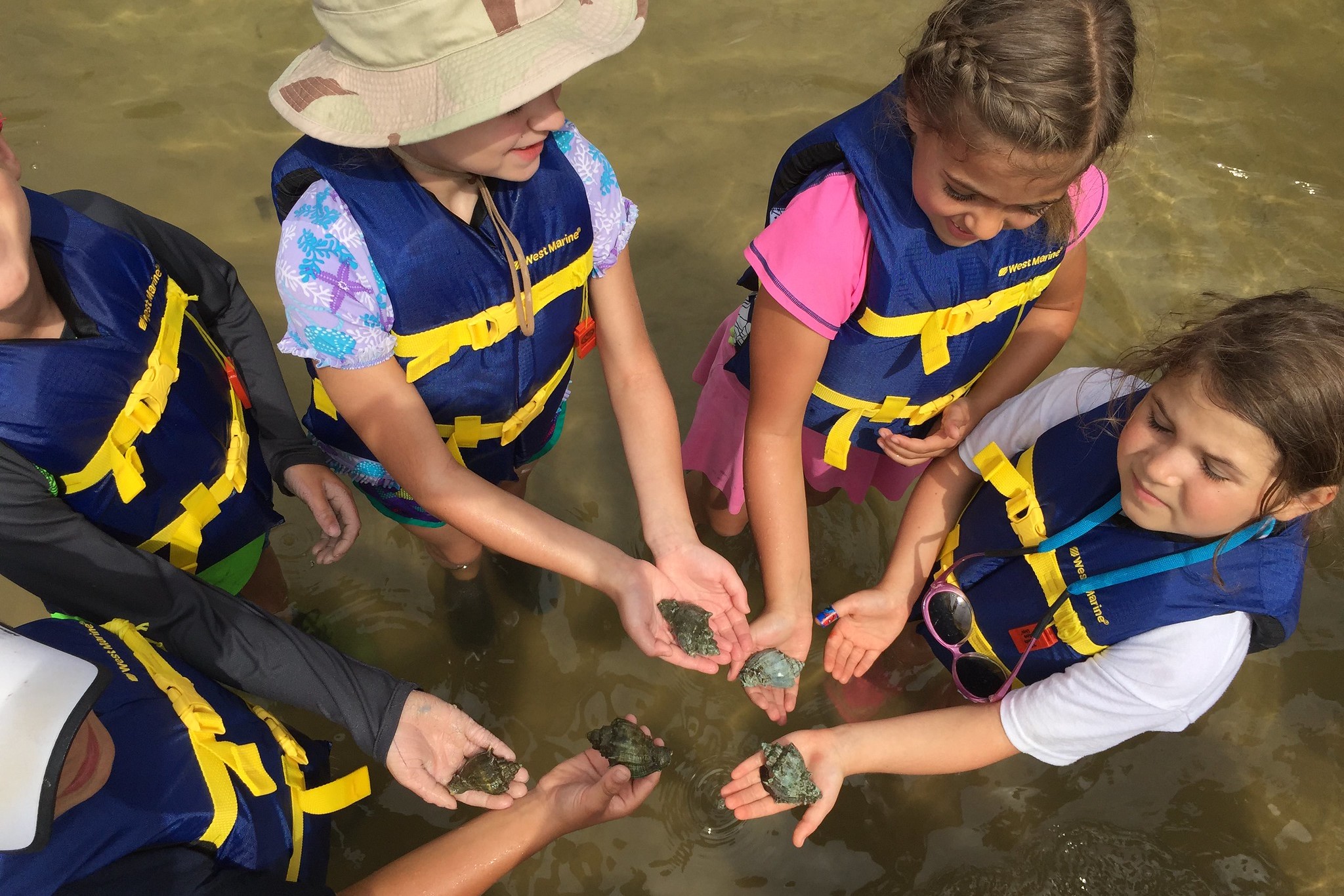
FWC EDUCATOR RESOURCES
Find creative ways to teach science, math or language arts; connect your students with nature; or learn new outdoor skills with Florida Fish and Wildlife Conservation Commission’s (FWC) educator resources. FWC offers many programs that can enhance your teaching while introducing students to interesting and engaging aspects of fish and wildlife.
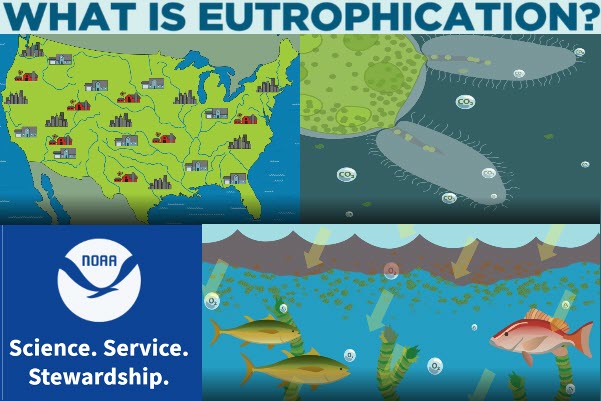
What is Eutrophication?
Learn about eutrophication from the National Oceanic and Atmospheric Administration. Eutrophication is a big word that describes a big problem in the nation's estuaries. Eutrophication occurs when the environment becomes enriched with nutrients, increasing the amount of plant and algae growth to estuaries and coastal waters.
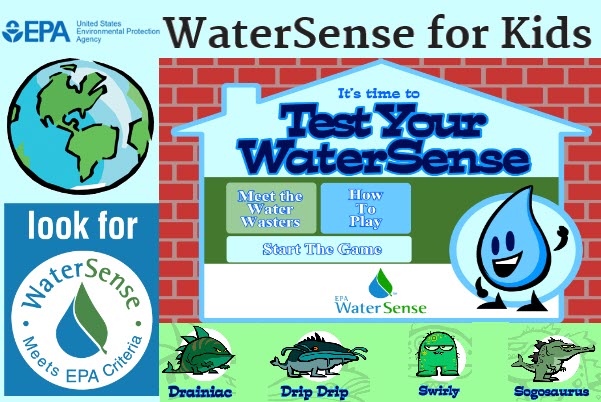
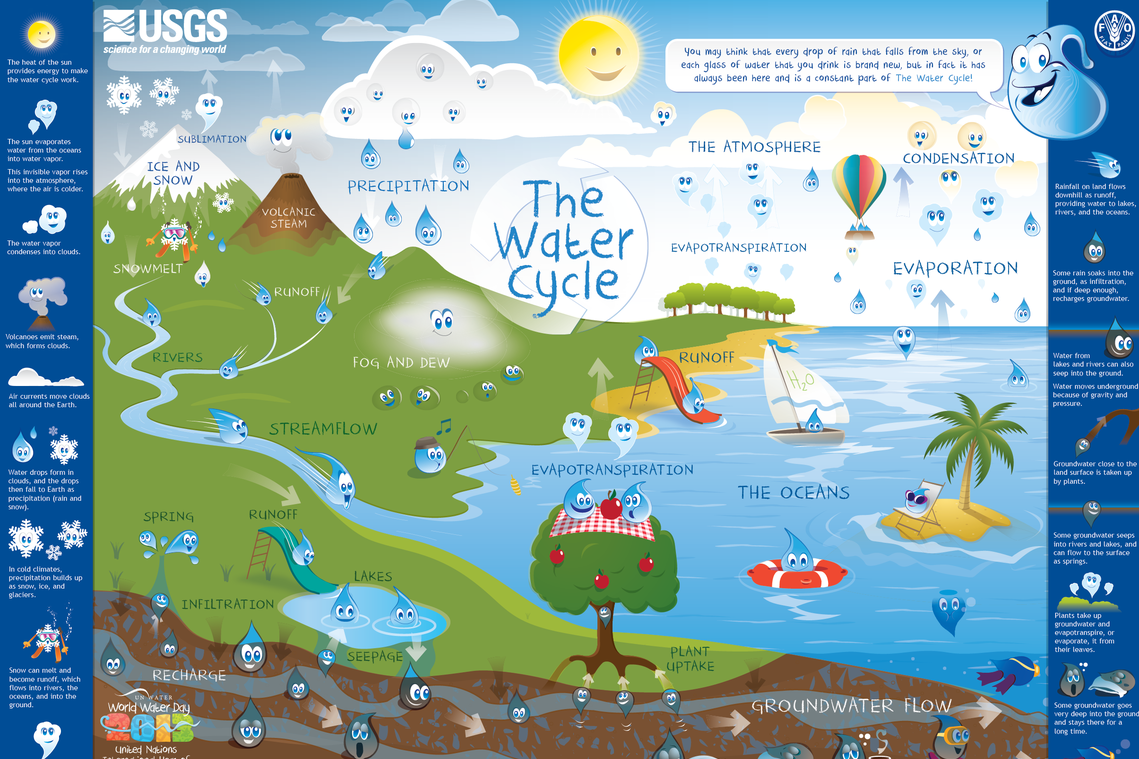
USGS Water Science School
U.S. Geological Survey's Water Science School offers information on many water topics, along with pictures, data, maps and an interactive center. Information is provided for students of all ages. Topics include water basics, water properties, the water cycle, surface water, ground water water quality and water use.
